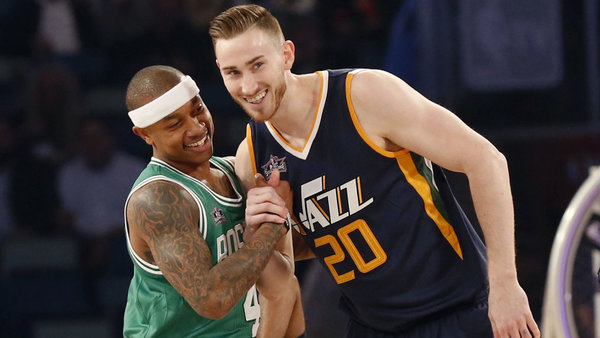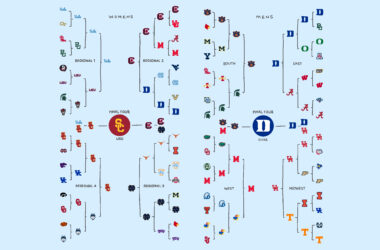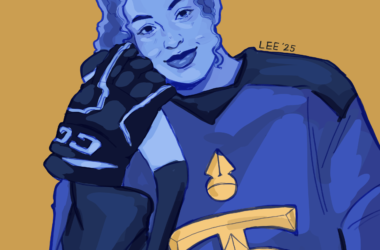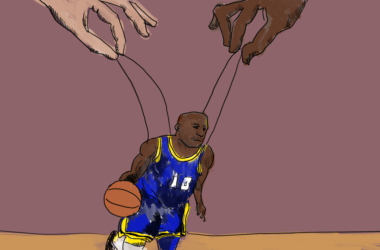On May 2, just weeks after losing his younger sister in a car accident, point guard Isaiah Thomas put up 53 points and carried the Boston Celtics to a comeback overtime victory against the Washington Wizards. It was an emotional performance and proved to be the highlight of Thomas’ postseason. After rallying to defeat the Wizards in seven games, Thomas’ Celtics were decimated by the Cleveland Cavaliers in five. Just months later, Boston traded Thomas—alongside forward Jae Crowder, center Ante Zizic, and picks—to the Cavaliers for point guard Kyrie Irving.
Though the Thomas-Irving deal was the crowning jewel in a summer full of blockbuster trades, Thomas also played a role in another transaction: Before the Celtics shipped him off, Thomas helped convince forward Gordon Hayward to leave the Utah Jazz in favour of a long-term commitment to the Celtics.
Unsurprisingly, Jazz fans were not happy with the move. Hayward spent his first seven years in the NBA with the Jazz, most of which took place in a rebuilding phase. They made the NBA playoffs just once before their all-star forward bolted for—pun intended—greener pastures. The organization did its best to do everything “the right way,” but after putting its trust in the process for years, the franchise was rewarded only with a single second-round sweep this year before losing its linchpin in free agency.
This story has grown familiar: As a free agent, the local hero leaves and becomes a traitorous villain. Like Hayward, LeBron James once abandoned the Cavaliers and Kevin Durant ditched the Thunder.
While it’s easy to throw out sweeping statements regarding an athlete’s loyalty, the situation is far more complex in reality. Stars are expected to fulfill many unreasonable expectations of success and commitment from fans, ownership, the media, and their teammates, but at the end of the day, monetary profit and team success supercede any supposed obligation. Many star players are forced to decide if they are willing to sacrifice their prime years to play for the middle-of-the-pack team that drafted them; otherwise, they can uproot themselves and hope to land with a legitimate championship contender.
These high-profile defectors are often criticized for their lack of loyalty. Truthfully, they should only be faulted for their sloppy execution. Hayward’s awkward announcement joins LeBron’s comically-miscalculated TV special, “The Decision,” and Durant’s laughable claim that he was taking the “hardest road” by joining a team that went 73-9 without him. In each case, the star had a plan to make his motives understood, but instead came off as ungrateful, delusional, and self-centered.
LeBron toiled for years in a Cavs organization that never put pieces around him to succeed. In 2010, he left Cleveland to join Dwyane Wade and Chris Bosh in Miami on the path to four conference championships and two NBA titles. Precisely one year before Hayward’s decision, Durant walked away from the Oklahoma City Thunder and a front office notorious for cutting costs and letting go of key players. In June, Durant helped the Warriors reclaim the NBA’s crown.
Gordon Hayward played for years without complaints. When presented with the chance to decide for himself, he chose the team that gave him the best chance to succeed.
In contrast, Isaiah Thomas was not given a choice. To the Celtics front office, Thomas was expendable as soon as they had the chance to flip him for a supposedly superior player.
The dynamic between players and owners is woefully unbalanced: The athletes provide the product and still are forced to choose between money, success, and popularity while owners reap the benefits of their work—and act out when they can’t. When players get the opportunity to make decisions for themselves, they should take it. It’s unfair to berate them for making a logical decision on their unique career paths.









It needs to be pointed out that Gordon Hayward’s decision to join the Celtics’ roster was largely influenced by the opportunity to play once again under coach Brad Stevens. The two teamed up at Butler University in Indianapolis and enjoyed both a great relationship and much success.